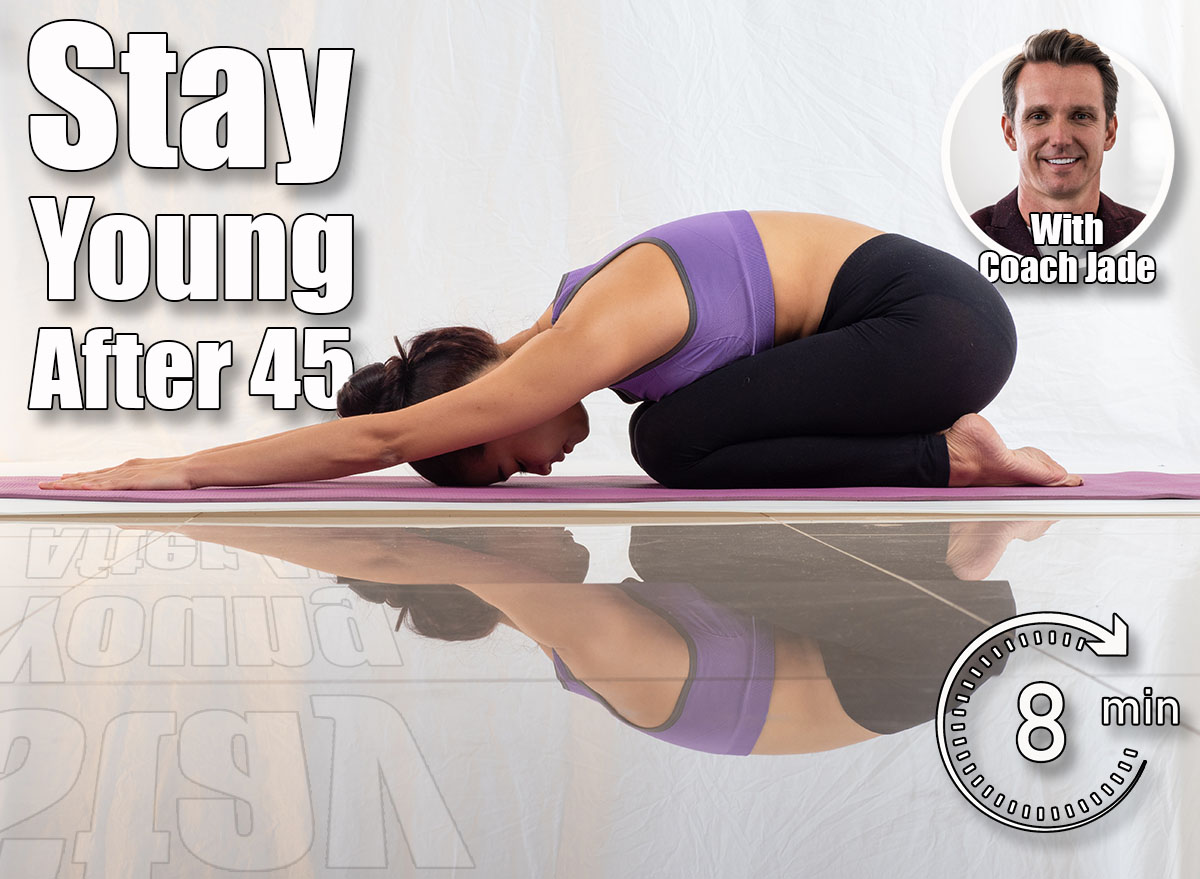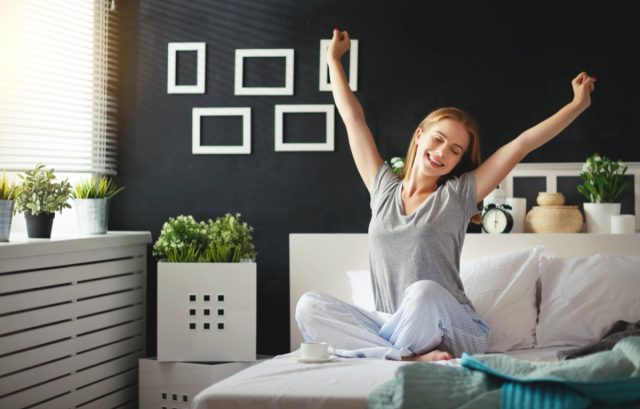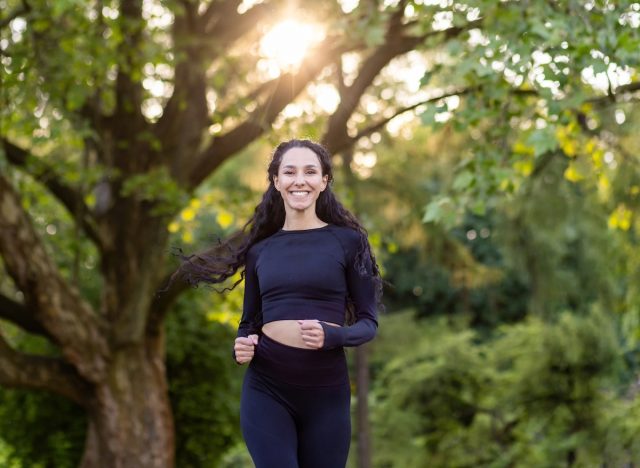4 Morning Stretches Women Should Do Every Morning to Stay Young After 45

If you’ve noticed your body feels stiffer when you wake up, or you’re dealing with more aches and pains throughout the day, you’re not alone. After 45, women often begin to experience decreased muscle mass, reduced flexibility, and joint stiffness – particularly in the hips, spine, shoulders and wrists. This is largely associated with hormonal changes that decrease the ability to maintain strong bones and muscle tissue. These shifts don’t just impact how we feel; they influence posture, energy, and confidence in everyday movement. Here are four essential morning stretches that can help you start each day feeling more limber and energized.
Why Your Morning Routine Matters More Than Ever

Adopting a daily stretching routine in the morning helps maintain joint range of motion and muscle length. Getting some intentional movement in at the start of the day can help improve circulation and prepare the nervous system for the day ahead. For women over 45, this is key to reducing stiffness, protecting joints, and improving mobility. Think of it as setting your body’s “tone” for the rest of the day – improving posture, energy and mental clarity.
4 Morning Stretches Women 45+ Should Do Daily
Prayer Stretch for Spinal and Shoulder Mobility
This stretch can gently increase mobility in the spine and shoulder girdle, which are parts of the body that commonly feel stiff.
How to do it:
- Start on hands and knees, shoulders over wrists and hips over knees
- Sit back, drawing the buttocks towards the heels
- Lower the chest down toward the floor
- Slide the hands as far forward along the floor as possible
Beginner option: Place your arms by your sides, next to your legs.
Common mistake: Not reaching forward with the arms enough – reach as far forward as you can in order to stretch the muscles around the shoulders.
Chest Stretch for Better Posture
This stretch counteracts rounded shoulders from desk work and can help with the management of shoulder pain.
How to do it:
- Stand sideways next to a wall
- Place one forearm against the wall, with the elbow at shoulder height
- Step forward with the leg furthest away from the wall
- Rotate the upper body away from the wall to stretch the muscles of the chest
Beginner option: Place the forearm lower on the wall if there is any shoulder discomfort.
Common mistake: Not stepping forward – stepping forward sets the shoulder blade so that the chest muscles get targeted.
Gluteal Stretch for Hip and Leg Flexibility
This stretch maintains hip mobility and can help with lower back pain.
How to do it:
- Lie down on your back, feet on the floor, and both knees bent
- Lift one foot up and place the ankle of that leg onto the opposite thigh
- Use your hand to press the stretching knee away from your body
Beginner option: Just hold the position, don’t push the knee with your hand.
Common mistake: Letting the hips lift up off the ground – this won’t be as effective at isolating the movement at the hip joint.
Hamstring Stretch for Better Leg Flexibility
Flexible hamstrings allow you to do things like pick items off the ground easily but also with just general mobility.
How to do it:
- Lie on your back with your knees bent
- Draw one leg up toward the ceiling
- Place the hands behind the shin or ankle
- Take the leg as far up as possible toward the head, keeping the tailbone down
Beginner option: Place the hands behind the knee instead of the shin/ankle.
Common mistake: Hunching the shoulders – this can place a bit of tension in the upper back and neck. Try to keep the shoulder blades down and back.
What You Can Expect in Just 4-6 Weeks

It’s fine to stretch right after waking, but keep it gentle at first – the body is naturally stiffer in the morning. I recommend starting with a few deep breaths and smaller movements, then easing into deeper stretches after 5-10 minutes.
Consistency pays off quickly. Within 4 to 6 weeks, most women notice less stiffness, improved posture, greater range of motion, and more energy in the mornings. Longer term, you might find that it is easier to move around with possibly less aches and pains.